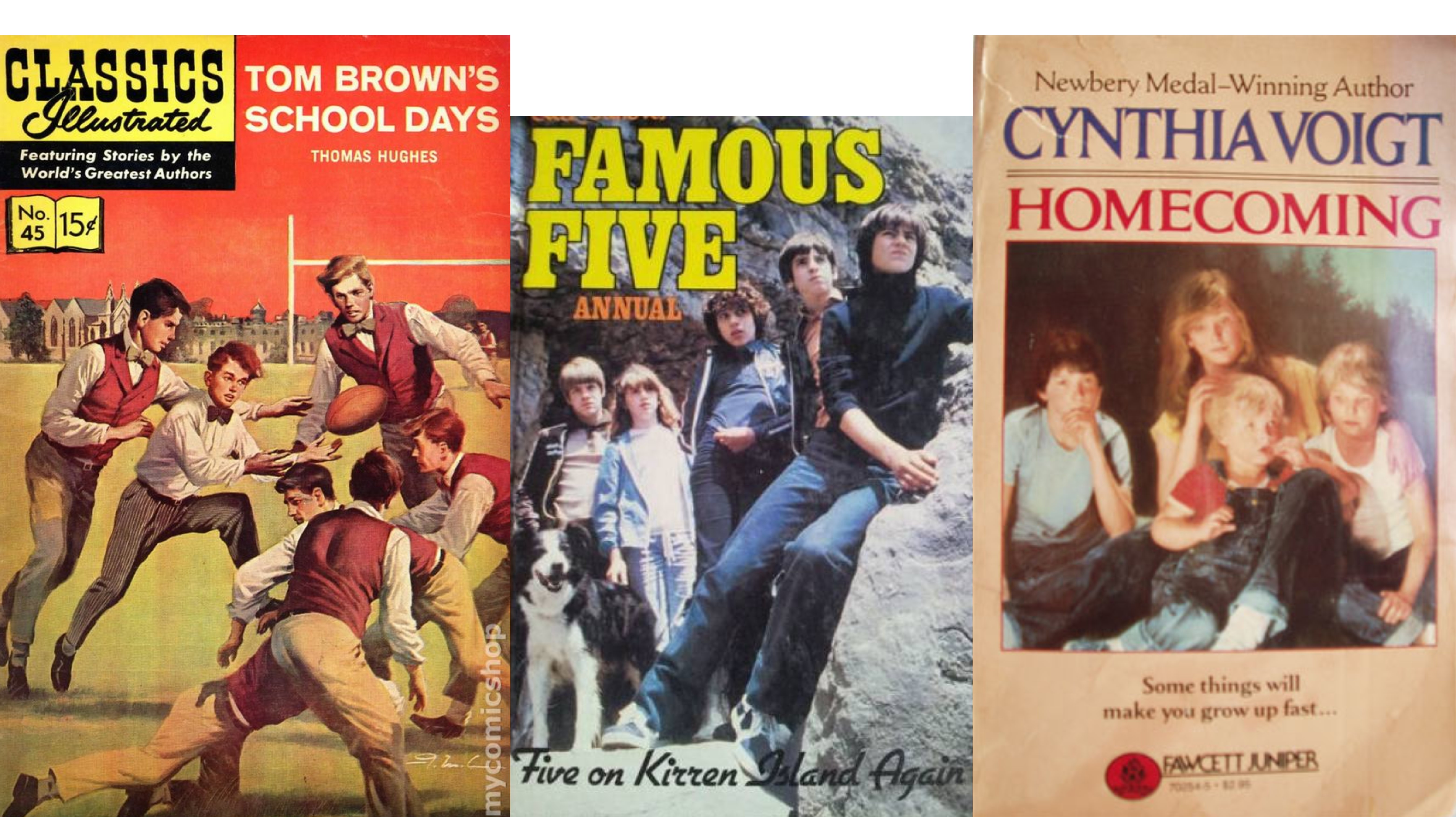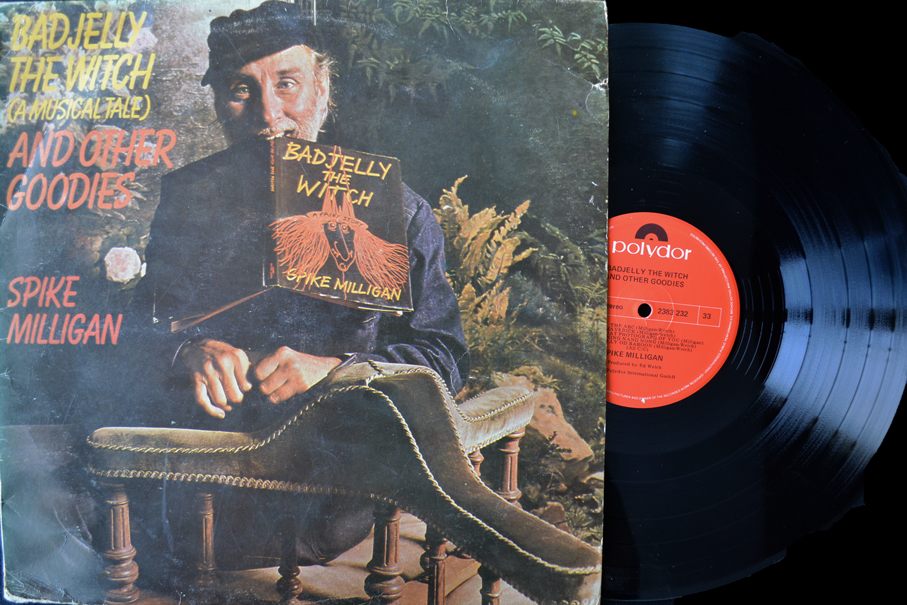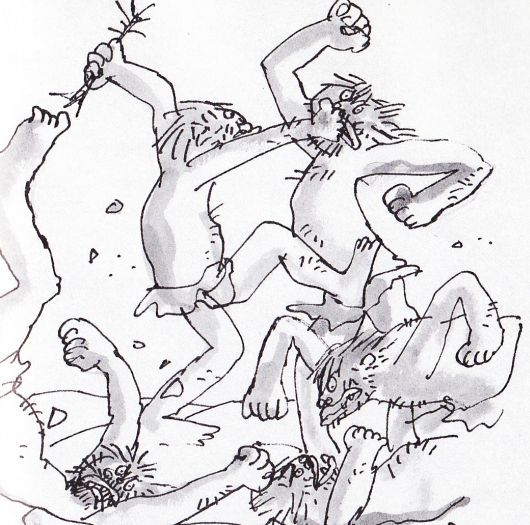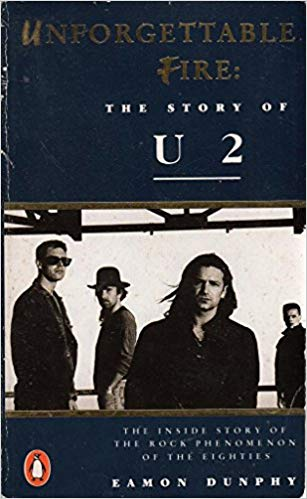Claire Murdoch is the recently appointed Publishing Manager of Penguin Random House New Zealand. We asked her to share some formative books from her childhood, and she handed us a stunning essay on reading, friendship, imagination, and growing up in Aotearoa (mostly).

I didn’t think this was going to be about my best friend, Sarah, and our life in books (i.e. our life in general).
It was meant to be about Dad reading us Tintins before bed, doing all the voices, in his blistering blue Adidas trackies and Roman sandals and handlebar mo, while the ’70s eventually became the ’80s in gorsey, fish’n’chippy Ngaio, and how Tintin and Haddock ride the same fuzzy, adventuring groove in my brain as ‘Six Months in a Leaky Boat’ by Split Enz.
Or about his own father, Pete, the English teacher, sharing with me T.S. Eliot’s Old Possum’s Practical Book of Cats and schooling me on scansion (on purpose) and wry post-war tone (by osmosis), and showing me it all meant something; everything meant something. ‘The naming of cats is a difficult matter,’ said Pete, his magnificent ginger tom, Patrick, beside us on the cricket-wrecked lawn.
Or about Mum and how she read and read and read to us. The Murdochs hit the insanely good Wellington Library weekly back when it was in the City Art Gallery building and may or may not have had a bookish witch in the basement, and took back armloads. More for summer holidays. Everything by Margaret Mahy and all of Roald Dahl and Dr Seuss and Bill Peet and Maurice Sendak’s In the Night Kitchen, where you could see Max’s little penis, and Spike Milligan’s Badjelly (the book and the record ideally consumed at the same time), and my absolute favourite, Cannonball Simp by John Burningham, that beautiful, weird tragedian, who said, ‘If you tell people you do children’s books, they say, “What fun!” There’s no fun attached to it at all, it’s a bloody nightmare.‘

Or about that one particular summer my brothers and I worked through a cardboard box of second-hand Classics Illustrated Comics, described by some Wikipedian now as being ‘marked by varying quality in art and … celebrated today for its often garish but highly collectible line-drawn covers’, but celebrated by me, forever, for introducing Last of the Mohicans and Black Beauty and Flashman from Tom Brown’s School Days.
Or ultimately (speaking of Flashman) about how, even though I wasn’t allowed to stay up to watch even one hot, high-cut second of Miami Vice, there was never a single book in that house full of grown-up books that they didn’t let me read when I was a kid. (The Vietnam War photojournalism, The Fatal Shore, The Bone People …)
Back to Sarah, though, because my literary whakapapa is really all about Sarah.
We met at three at kindergarten in the bowlcut/corduroy/skivvy era and started school on the same day. Sarah was in tartan and bows. By that time – five years old – her mother, another English teacher, already had her reading. Not just words. Jane Eyre. The whole freaking thing. Do I need to say she was the high art to my low, trash culture? My external brain? The dry, hilarious, honourable narrator of our lives? She still is.
By that time – five years old – her mother, another English teacher, already had her reading. Not just words. Jane Eyre.
I scraped into an advanced reading group with a few other pointy-headed kids, doubtless under Sarah’s tutelage. Who knows what we read there? New Zealand’s own Price Milburn readers, probably. The awesome Peter Gossage-illustrated Māui books, certainly, so utterly of Aotearoa at that time (and which, to my great delight, we still proudly publish at Penguin Random House New Zealand).
When we played, which is what mattered, we played Blyton. Hard. Sometimes the Secret Seven but mainly the Famous Five; Nairnville Park for our Kirrin Island and fennel for our heather beds (whatever ‘heather’ was supposed to be). It was grouse. We did it for years. The FF play pantheon went like this: Julian, followed by George, then Timmy-the-dog, then Dick, then Anne. I always wanted to be George, the ‘wild’ ‘tomboy’. Sarah reckons we always made her be boring, prissy Anne.
Bill Manhire has written here already about the magic, imaginative power of Enid Blyton, that colossus, and her Faraway Tree series (which I also loved ferociously), about the ‘easy two-way traffic between the world of everyday life and the world of the imagination’ to be found in those pages, common to the greatest works of literature, and legend, and folktale. That place is where every bookish kid goes whenever they can and it’s where we went together, me and Sarah. That two-way traffic is what we trafficked in. Words were, of course, the catalyst and the currency for all of it, and words were powerful.
Once, when we were seven, cross with Sarah or just small and dumb and mean, I left an anonymous note in her schoolbag, written in red felt tip.
Once, when we were seven, cross with Sarah or just small and dumb and mean, I left an anonymous note in her schoolbag, written in red felt tip. It said the worst thing I could think up. It said, ‘Sarah is horridible.’ Receiving the message, she recognised both the handwriting and the syntax, derivative as it was of Dahl (or was it Milligan?). I tried to take it back but we both knew the words were too strong for that. They had crossed back over from word-land to the real world to cause real hurt, as evil and gross and clumsy as one of the kid-eating giants in The BFG.

We weren’t together, geographically, during the Little House on the Prairie years or the Anne of Green Gables years or the Beezus and Ramona years or the Judy Blume years, because I went to live in America, but we wrote bridges about what we were reading and Sarah sent me books, too: Tessa Duder’s powerful Alex books; The God Boy by Ian Cross; Maurice Gee’s ‘Halfmen of O‘ trilogy. I ate all them up, aware of the need for careful observance of these missives – their indigeneity, their from-homeness, their authority. It was the same way we ate the little mince pies our friends at the Embassy ordered in, or that time we gathered as Kiwis around a clacky projector in the dark to watch Came a Hot Friday.
When I came back, unable to shut up about what life was like ‘back home’, Sarah gave me Back Home, the lesser-known book by Goodnight Mr Tom author Michelle Magorian, about a girl newly returned from America, unable to shut up about what life was like back home. Then we bonded over Cynthia Voigt’s Tillerman family cycle (Homecoming, Dicey’s Song, Come a Stranger), about which the salient points are: a) they are excellent, questy, complex, realist stories, and b) every kid should read them and, most critically, c) the parents are dead/useless/absent like in all the best children’s books, ever, and so the kids, led by Dicey and her determined chin, largely have to raise themselves.
At 13, too old to play Famous Five but needing very badly to be together in that wordy space – hell, to have a space that wasn’t high school with its venal social politics that divided and submerged us – it was only a matter of time before we tried to write some words ourselves. Of course, we tried to write like what we were reading.
[It] was only a matter of time before we tried to write some words ourselves. Of course, we tried to write like what we were reading.
We called it The Story (or sometimes, in front of other people, in code, Le Livre). We wrote it in secret every time we saw each other or passed it back and forth, solemnly, to work on apart. We wrote it for six years straight, constantly iterating the ages of the core cast so they stayed a wee bit older than us. The setup was timeless, classic, teen fantasy fulfilment (much later to find expression in the T.V. show Party of Five): Dead parents. Nice house. Money. Six teenage kids, raisin’ themselves.
The main crossover text between us (Voigt aside) was Jane Eyre.
‘But you are passionate, Jane, that you must allow!’ we’d screech at each other while drafting scenes (the jam session, the group beach trip, the one about the crushing sense of responsibility on the shoulders of the oldest son), or while drawing fake family photos of our characters and fighting over what to call them.
There was Slutty Frankie, Responsible Emma, and strong, silent Paul, an amalgam of the members of our heroes, U2 (but mostly Larry Mullen Junior as characterised in Eamonn Dunphy’s band biography Unforgettable Fire, which we knew by heart). I’d later rip off all of Unforgettable Fire for a school project, 8,500 words longer and with 95 more images than required and, later still, try to set up a rock biography club.

Perhaps the main tension between Sarah’s and my authorial voices was the 19th versus the 20th century and with it, the concept of passion.
By now, I’d already been in trouble with the nuns at school for publishing and circulating a limited run of ‘Passion Stories’ that weren’t at all about the Passion of the Christ.
By now, in addition to the entire canon of quality children’s literature and the Brontës, Sarah had read all of Jane Austen, Charles Dickens and George Eliot. (I had read many of those works, too – just as Classics Illustrated Comics.) By now, I’d already been in trouble with the nuns at school for publishing and circulating a limited run of ‘Passion Stories’ that weren’t at all about the Passion of the Christ. Now, a brisk lunchtime trade in the works of Virginia Andrews, Judy Blume’s Forever, the Jean M. Auel ‘Earth’s Children’ series (Clan of the Cave Bear, The Valley of Horses) and even Shirley Conran’s raunch-fest Lace was infecting the fine novelistic ambitions of Le Livre. (I’d love to say Danielle Steel wasn’t a factor too, but frankly, every character we wrote was beautiful like their parents, and the only difference was their gender/haircut/eye colour. I know, because to illustrate them all, I traced the same face over and over, only changing the gender/haircut/eye colour.)
After a while, we began to acknowledge that Le Livre was falling short of our expectations; that it was schizophrenically earnest/smutty; that it was, in short, a bit shit.
Ira Glass has this great quote about the quality gap that I share with authors a lot:
‘Nobody tells this to people who are beginners. I wish someone told me. All of us who do creative work, we get into it because we have good taste. But there is this gap. For the first couple years you make stuff, it’s just not that good. It’s trying to be good, it has potential, but it’s not. But your taste, the thing that got you into the game, is still killer. And your taste is why your work disappoints you.’
Ira says to keep going, that everybody gets through it – and he’s right.
Sarah and I didn’t, though. We gave up when we went to university, our juvenilia, forever young, arrested in its development. Later on, Sarah went into bookselling and festivals and I went into publishing, and we never had to inflict our killer taste on our own words ever again – only other peoples’.
Le Livre went into a box. I saw it, musty, labelled ‘nostalgic stuff’, last month when we moved house. It went into memory, where it can still make us laugh til we cry with maggotty shame, and the zone of the symbolic, where it stands for lifelong friendship and shared secret words and the power of stories when you’re young.
Claire Murdoch
Claire Murdoch is a publisher, editor and reviewer who has contributed to Landfall, The Listener, Salient, The Dominion Post, RNZ, The Spinoff and various other publications. She has worked at Allen & Unwin and Te Papa Press, and is currently Head of Publishing at Penguin Random House New Zealand, where she directs Aotearoa’s largest local publishing programme across fiction, non-fiction and children's books.
Shameless plug: This month Penguin Random House is publishing a truly special kids’ book called Oh Boy! A Storybook of Epic New Zealand Men, by Stuart Lipshaw. It’s all about people who didn’t give up on their dreams – Stuart, the writer, above all.



